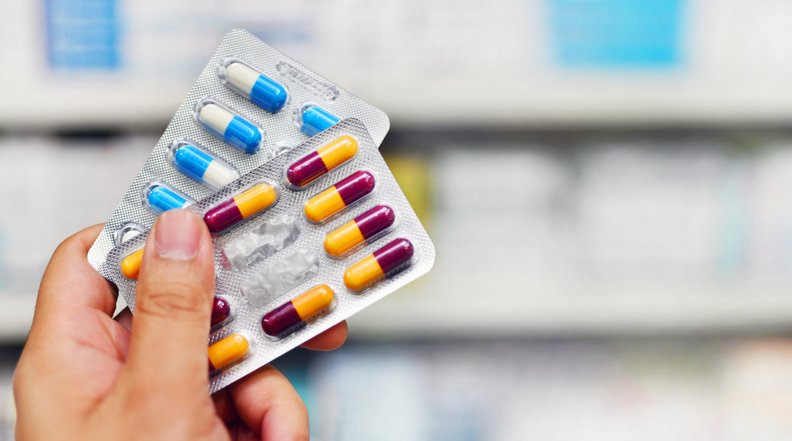The Health Products Regulatory Authority (HPRA) has expressed its concern at an increase in detentions of illegal medicines during 2020. It announced that its enforcement section detained some 1,610,295 dosage units of falsified and other illegal medicines in 2020, an increase of 58 per cent on 2019. The HPRA states that the supply of these products into and within Ireland is illegal and stresses that consumers can have no guarantees about the safety or quality of prescription medicines they are seeking to buy outside of the regulated pharmacy setting.
The Authority said it was important that the public, for their own safety, only purchase medicines from authorised Irish sources. The national health products regulator also announced it detained a further 103,000 dosage units of illegal prescription medicines over the past week as part of its Operation Pangea actions in partnership with Revenue’s Customs Service and An Garda Síochána. Operation Pangea is an annual Interpol-coordinated international week of action targeting the online sale of falsified and illegal medicines via illicit online suppliers and/or ecommerce platforms.
According to Dr Lorraine Nolan, Chief Executive, HPRA, the year-on-year increase in illicit medicines being detected and detained is very concerning: “The internet is a major outlet for legitimate purchases such as food, clothing and electronics, and people may not realise that sourcing prescription medicines online is illegal and that the sources behind these sites can be bogus, or worse, criminal networks. The monitoring of websites, online marketplace advertisements and social media sites throughout the year to identity illegal sales of illicit medicines is a key part of our work to protect consumers.
“We are also seriously concerned that an escalating number of people are not conscious of the potentially significant health risks they are taking by purchasing potent prescription medicines online without medical supervision, rather than under the care of their doctor or pharmacist. While, in many cases, those who buy online at best may be simply wasting their money on falsified (including counterfeit) product, at worst, they may be taking very serious health risks.
“We know from our investigations and prosecutions that those who seek to profit from illegal medicines have little regard for the health of the end users of the medicines they are supplying. Our detentions over many years have identified that a significant proportion of these products are falsely labelled and do not contain the type or quantity of active ingredient as stated on the product information. Worryingly, they have also been found to contain harmful substances.
Under the law, the unauthorised supply of prescription medicines (including via mail order and the internet) is prohibited.
“There is a significant inter-agency approach, nationally, working with our colleagues from the Revenue Customs Service and An Garda Síochána, and internationally with the Interpol co-ordinated Operation Pangea. I would particularly like to acknowledge the significant support and work of customs officers in 2020 at a time when Brexit would have presented additional challenges and the requirement for additional resources. We continue to work closely with our national and international partners to combat illegal supply through intelligence sharing and working on joint detention and prevention efforts. We are grateful for their co-operation and assistance where we work together with one objective to safeguard public health,” according to Dr Nolan.













Leave a Reply
You must be logged in to post a comment.